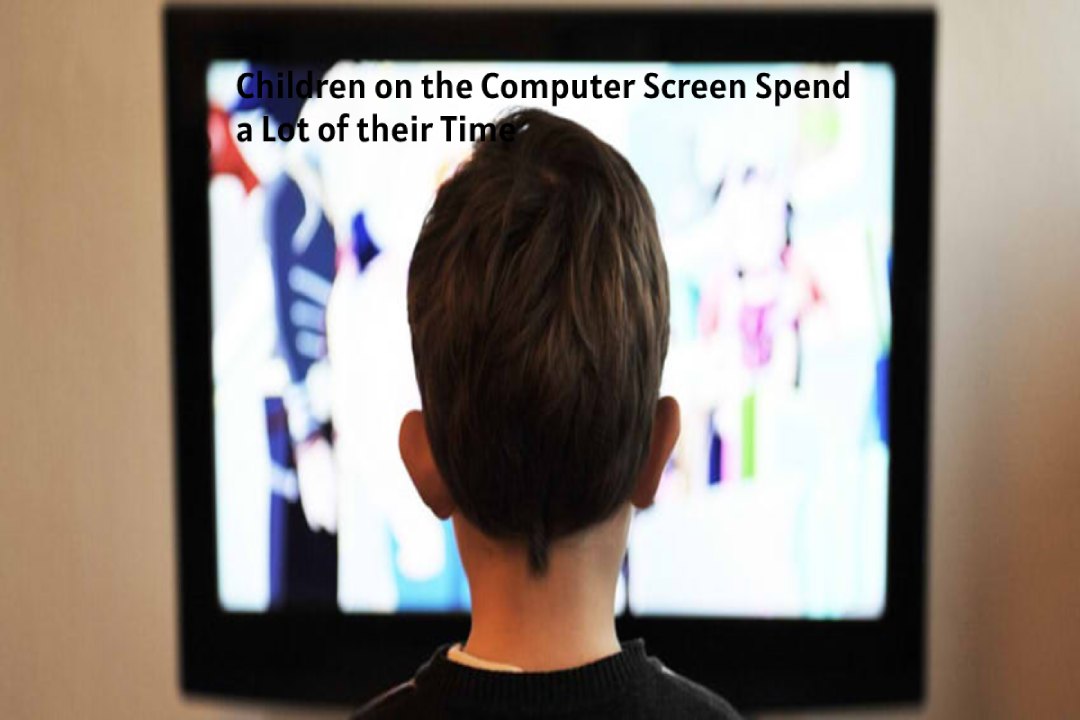Table of Contents
Introduction
Children on the computer screen spend a lot of their time sitting. No matter for toys, homework or entertainment, there remains a question that is an obsession for many parents: is it harmful to my child to spend many hours in front of TVs every day?
Investigators from the university of colorado in the USA, analyzing data on 12,000 participants in a study on the brain’s cognitive development in young people. The largest of its kind in the united states.
Say they have discovered that spending five hours a day in front of computer or television screens is not harmful to them. The study participants included children aged 9 to 10 from culturally, materially and ethnically diverse backgrounds.
“We have investigated the extent to which they spend time in front of screens with the most important aspects of their lives, such as sleep, mental health, behaviour and friendships,” says study leader Katie paulic
The results of this study were later published in PLOS One. And we found no link between children spending their time in front of their computer screens and health issues, depression or anxiety.
Spending as much time as possible in front of screens has been associated with developing their ability to make more muscular friends for boys and girls alike. Children of both sexes were able to be more friends than males and females.
Social screens such as video games are likely to have enhanced their ability to make friends, as with social media.
Why Is It Important?
Nowadays, children in the united states spend more and more time in front of computer screens and other devices. Parents are always concerned that this technology may harm their children. Especially those on the verge of adolescence, as it is a significant period of development and growth.
The Unknown About Spending Time On Computers For Us So Far.
The study also found bad associations between increased sitting in front of screens and high rates of attention disorders, sleep problems. Poor academic performance. And increased aggressiveness and misconduct.
On its face, this contrast between positive and negative correlations seems puzzling. And we go back to asking if spending time in front of computer screens is good or bad?
Perhaps both, given the durability of these links, we find them very modest. But, on the other hand, no association between spending time in front of computer screens. And previous diverse results. Whether negative or positive. It is minimal and unlikely to be of clinical importance.
Some children recorded fewer results than others in performance. Some scored higher, and spending time in front of screens explains only 2% of the differences in recorded results. This suggests that the interpretation of differences is linked to many variables and not just the subject of sitting in front of computer screens. Which is a tiny part of a much larger issue.
Also, the study is correlational rather than causal. And correlational studies show that it is not necessarily for two variables that seem to be associated with generating changes in each other.
As an example, we found that teenagers who spent more time in front of screens showed more aggressive tendencies and symptoms. But we cannot say that the cause of these symptoms is prolonged sitting in front of screens. On the other hand, we also get that many aggressive children are always given computers. And other devices to calm them down and disperse them.
Conclusion
In short, our recent research found that spending too much time in front of computer screens. And other devices are not dangerous.
You should note that this study did not address the use of computer screens academically but only on their use for recreational purposes. Hence, it was not possible to compare the results of the education. And recreational use of these devices.

